how do you come up with a budget for your project ?
User
9 years ago
last modified: 9 years ago
Featured Answer
Sort by:Oldest
Comments (17)
User
9 years agolast modified: 9 years agoPrecision Carpentry
9 years agoRelated Professionals
Highland Park Kitchen & Bathroom Designers · Fremont Kitchen & Bathroom Remodelers · Westminster Kitchen & Bathroom Remodelers · Shorewood Interior Designers & Decorators · Four Corners General Contractors · Athens General Contractors · Delhi General Contractors · Modesto General Contractors · Pacifica General Contractors · Rocky Point General Contractors · Rolling Hills Estates General Contractors · Seabrook General Contractors · Signal Hill General Contractors · Torrington General Contractors · Woodland General ContractorsUser
9 years agocaligirl5
9 years agoJennifer Weinman
9 years agoUser
9 years agoJoseph Corlett, LLC
9 years agoUser
9 years agopalimpsest
9 years agorwiegand
9 years agormtdoug
9 years agoJoseph Corlett, LLC
9 years agormtdoug
9 years agoCabot & Rowe
9 years ago
Related Stories

DECORATING GUIDESBudget Decorator: 12 Ways to Perk Up Your Home for Fall
Get crafty or shop strategically to give your nest that extra-special touch while you’re cozying up on chilly days
Full Story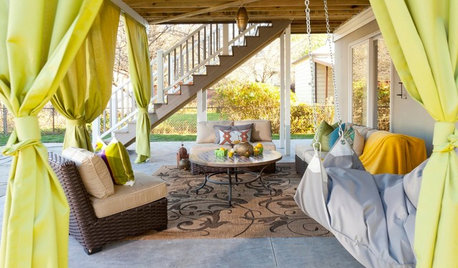
MOST POPULAR8 Budget-Friendly Ways to Fun Up Your Patio
Amp up the charm, comfort and personality of your outdoor space with drapery, lighting and more
Full Story
FARM YOUR YARD9 Ways to Change Up Your Vegetable Garden for the Coming Season
Try something new for edible plantings that are more productive than ever
Full Story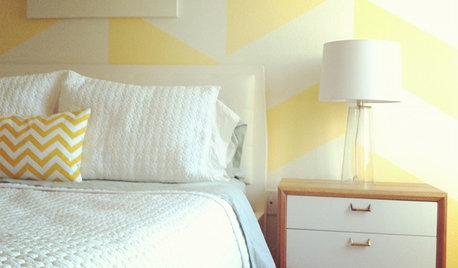
DECORATING GUIDESBudget Decorator: 25 Fab Projects With 1 Paint Can
Whether there's only an inch left or your paint can overfloweth, these household painting projects will get your creative juices flowing
Full Story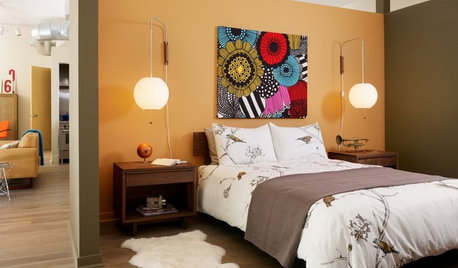
BUDGET DECORATINGBudget Decorator: 11 No-Sew Home Decor Projects
No seamstress skills? You can still show off fab fabrics and trim — not to mention your creative ingenuity — all around your home
Full Story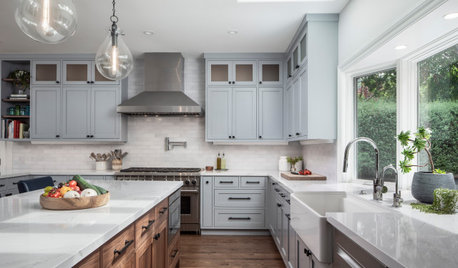
WORKING WITH PROSHow to Find Your Renovation Team
Take the first steps toward making your remodeling dreams a reality with this guide
Full Story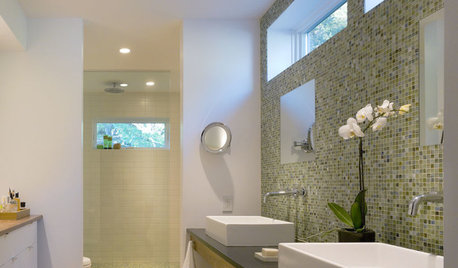
REMODELING GUIDESWhat to Know About Budgeting for Your Home Remodel
Plan early and be realistic to pull off a home construction project smoothly
Full Story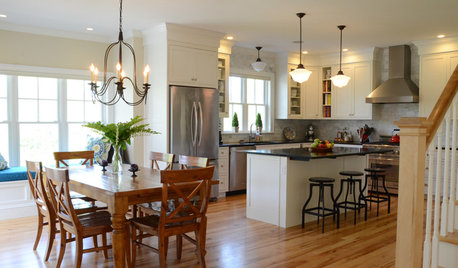
BUDGETING YOUR PROJECTHouzz Call: What Did Your Kitchen Renovation Teach You About Budgeting?
Cost is often the biggest shocker in a home renovation project. Share your wisdom to help your fellow Houzzers
Full Story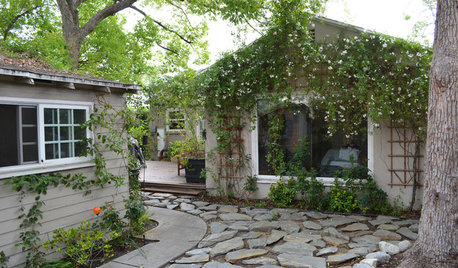
HOUZZ TOURSMy Houzz: Budget-Minded Comfort for a 1940s Hollywood Bungalow
Plush furnishings, warm colors and a cottage garden give a first-time owner a house worth coming home to
Full Story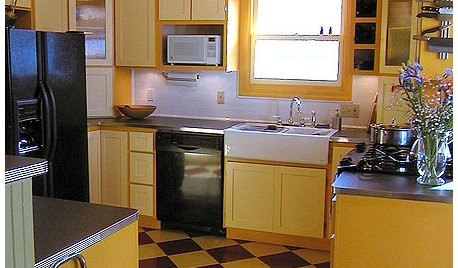
KITCHEN DESIGNKitchen Remodel Costs: 3 Budgets, 3 Kitchens
What you can expect from a kitchen remodel with a budget from $20,000 to $100,000
Full StoryMore Discussions






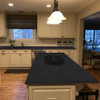
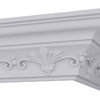
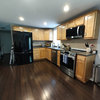
bry911